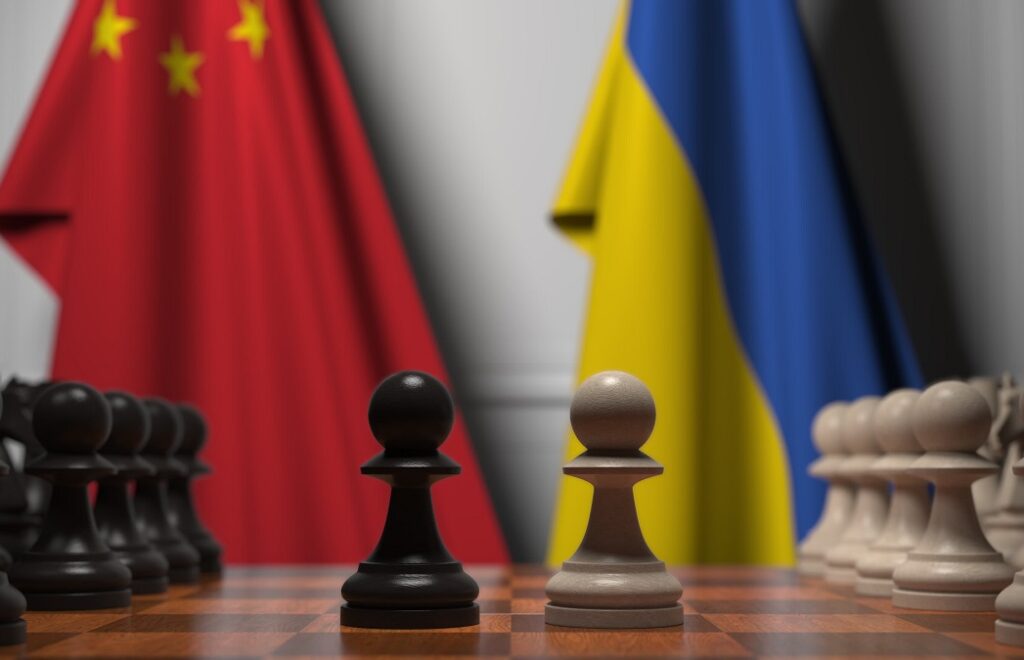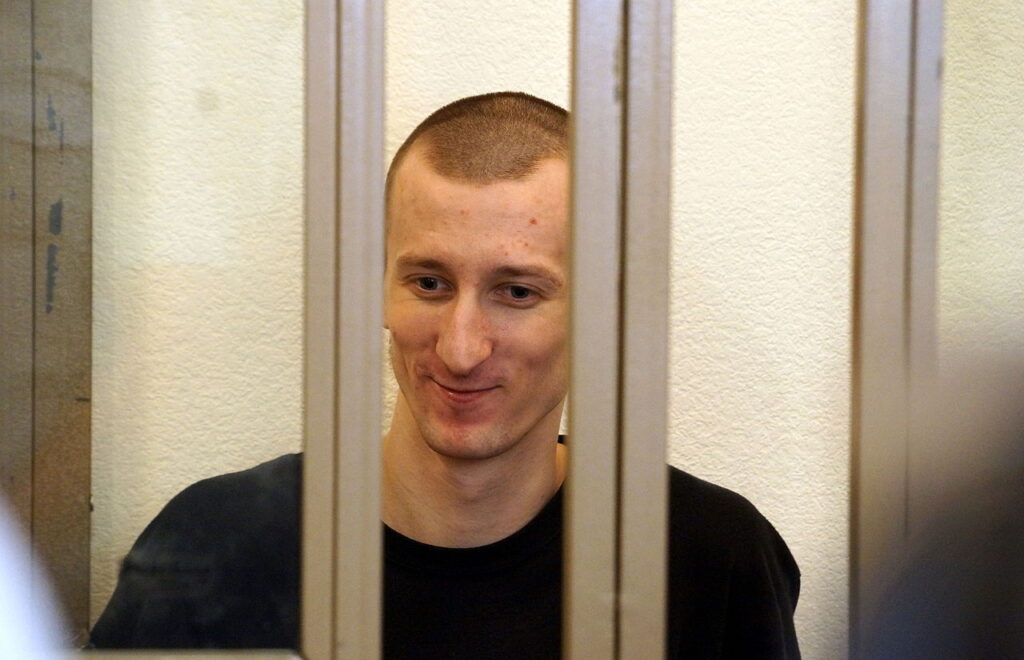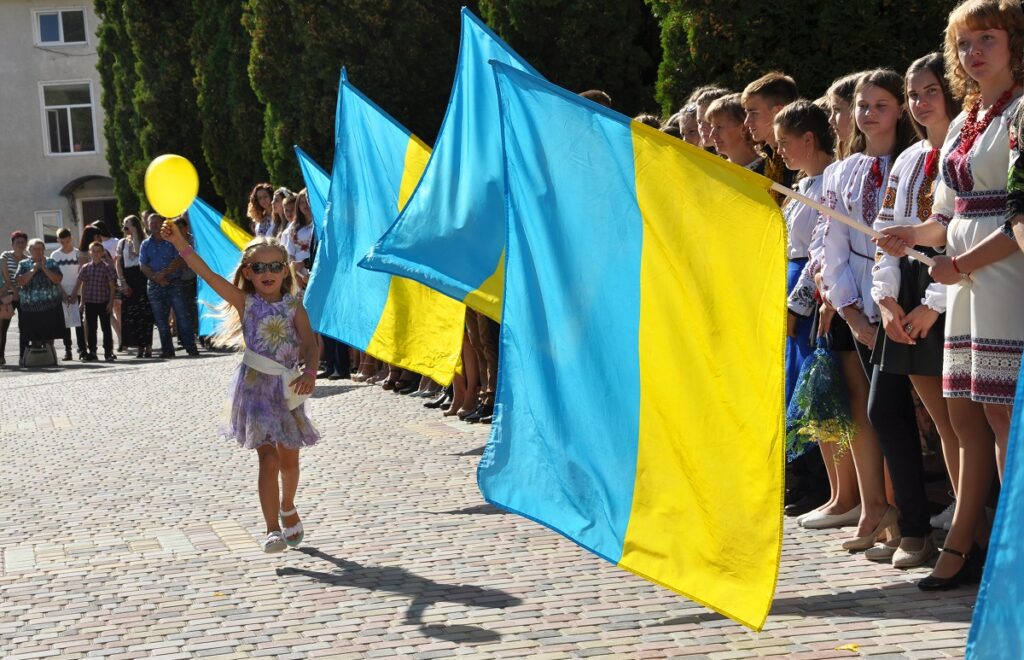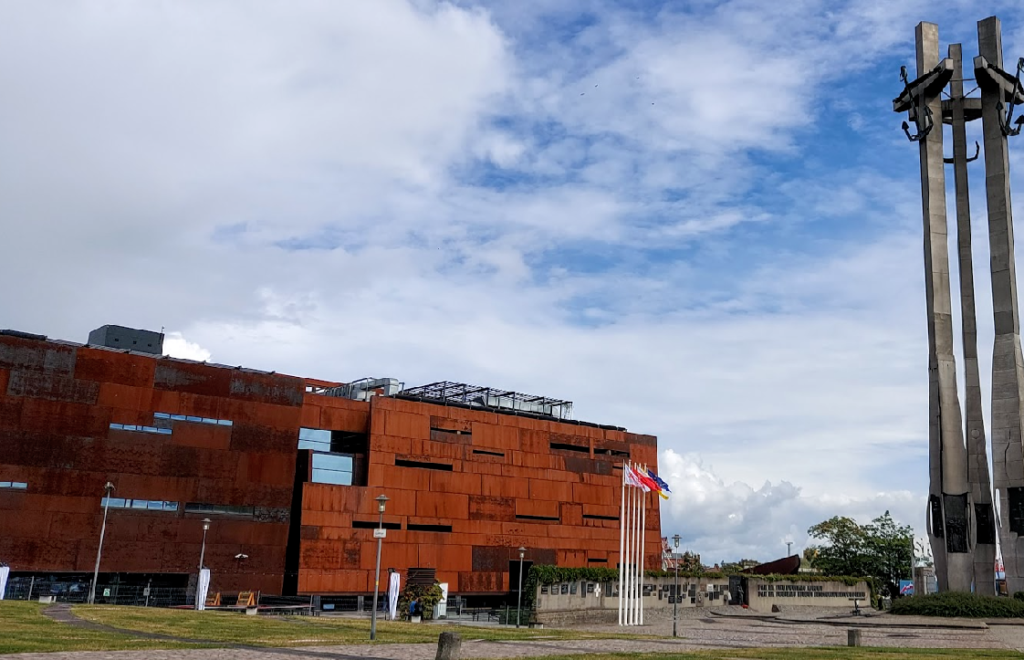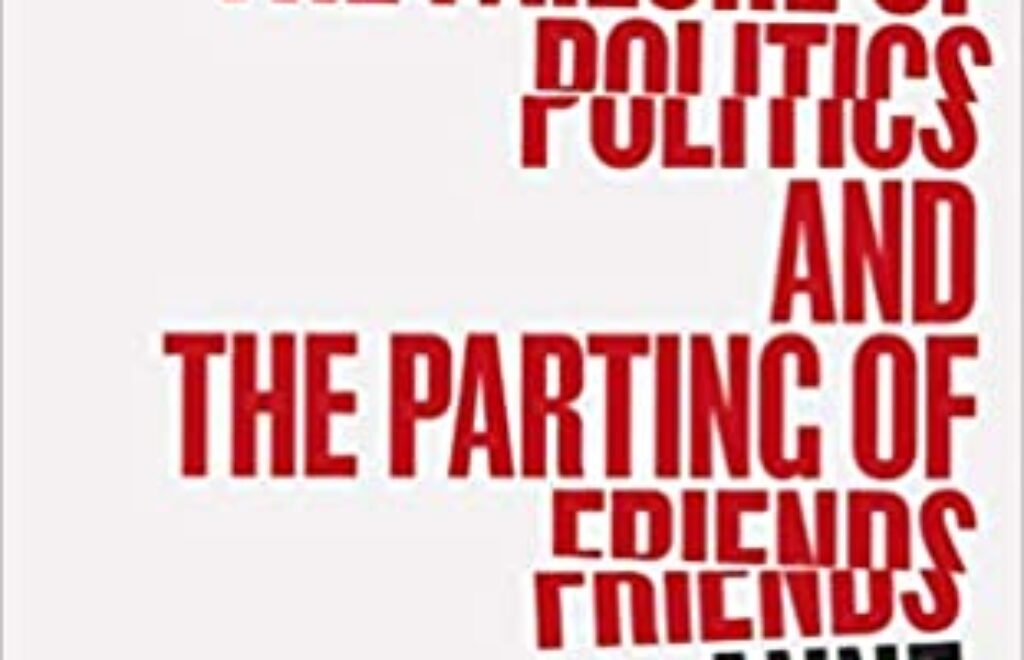Young Ukrainians tend to put the values that are related to their lives first. These include family, health, well-being and love. They also value clear conscious, service to the homeland and having open debates on social issues. Over half declare that they feel responsible for the future of their state and want to contribute to it.
The first 25 years of independent Ukraine is already behind us. In attempts to help understand the changes that have occurred over this time, there are countless political, economic and social analyses, commentaries, recommendations and prognoses. The vast majority of them have referred to this period as one of wasted opportunities. In our research, which we have been carrying out in this regards, we focus on the role the youth has played in the democratic transformation and its future potential.
November 16, 2020 -
Natalia Dolgopolova, Anna Surkova, Kinga Anna Gajda, Alina Meheda



